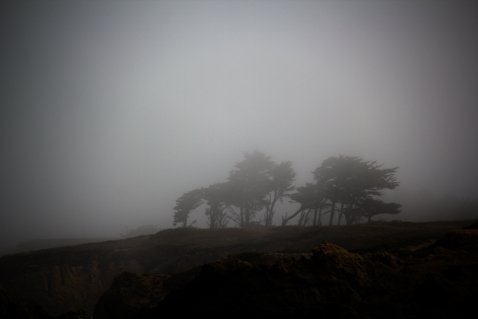Youngest Kind of Pain
/Since this is Valentine’s Day, I figured it would be appropriate to introduce a song I wrote about the most depressing date ever: the first one Terra and I went on after our first daughter, Roxy Jean, had died.
I honestly can’t even remember exactly what we did, except that we found ourselves walking along the same sycamore and maple-lined campus avenue where we’d first begun dating, some 16 years prior, as two gutter punks trying to find a way to get drunk outside of Spaceport Arcade (yes, we are that old). We’d fill our Styrofoam gas station cups up with such a strong ratio of vodka to red kool-aid (hey it was 1991, and we were broke) that we had to drink it quickly in order to keep the alcohol from disintegrating the cup from the inside out. We’d run wild through the night in a pack like wolves. Sometimes between the buildings, sometimes through the woods by the lake, and sometimes we’d lie around on the dirty floor of someone’s smoke-filled apartment, listening to The Misfits or The Violent Femmes. I smoked Winston cigarettes. She never did.
But I digress. This song is not exactly about those days.
It’s about the night that we walked like ghosts through a past that seemed to belong to other people now. We didn’t want to drink vodka out of Styrofoam cups while running through the night air looking for adventure. We wanted something stronger. We wanted to go home. It was too quiet without our 4-year-old son to distract us and especially without out the baby we should have been losing sleep caring for. We just walked, and the silence surrounded us. We were paralyzed by our shared pain and we did not want to be alone with it.
Oh my God, Oh my God, this is the place we used to walk
When the darkness had yet to leave it's darkest kind of mark
And we were strange
We were borderline deranged
And you had eyes that held the water like saucers full of rain
Through the lotus went the light and I saw something new revealed
I saw the scars from the fight
I saw the wounds that never heal
So strike the stage, I guess nothing can remain
All this running, fucking running, and we're no farther from this place
We're in the youngest kind of pain
We save the softest words for strangers
Because we don't know how to say it
And we don't know what the name is
No baby sleeping in the manger
And there's no one here to save us
There's no one here to save us
There's no one here to save us
What was your first date like after the loss of your baby? What was it like to try to be romantic?




